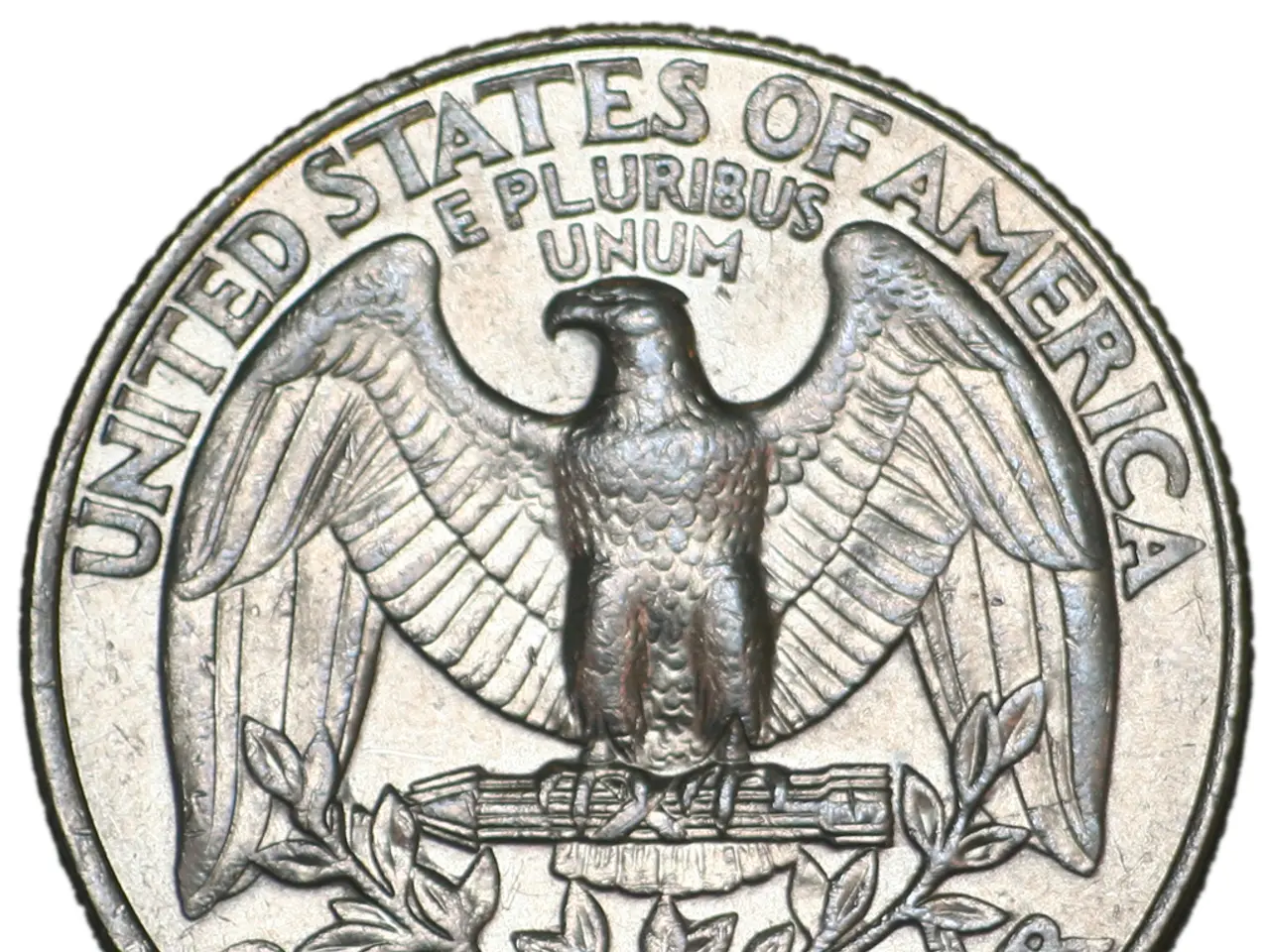Coinbase Fights Domain Usurper: Crucial Information for Shiba Inu Crypto Owners
In a recent development, Coinbase, a California-based cryptocurrency exchange, has taken legal action against a German national, Tobias Honscha, for cybersquatting the domain coinbase.de. The lawsuit alleges that Honscha used the domain in bad faith to redirect visitors to an app for trading physical coins, profiting from the violation of Coinbase's affiliate agreement.
The suit claims that Honscha incorporated Coinbase’s trademark in the domain to capitalise on the brand’s goodwill and confuse consumers, a common harm caused by cybersquatting in the crypto space. Crypto companies actively pursue legal action to stop cybersquatting, protect their brands, and prevent consumer confusion, as seen with Coinbase's recent litigation.
Cybersquatting refers to the practice of registering or using a domain name that closely resembles a well-known brand or trademark, with the intent to profit. In this case, Honscha is accused of using the domain to divert traffic to his own app for trading physical coins and to profit as a Coinbase affiliate.
After being instructed to cease using the domain for his affiliate link, the site was allegedly repurposed to redirect visitors to a mobile app focused on trading physical coins. Coinbase describes this as an attempt to hold the company hostage by threatening to transfer the domain to a buyer who could exploit it further.
Protecting brand names is essential to maintaining trust and security for companies and their users in the crypto industry. This case serves as a crucial reminder of the importance of protecting the Shiba Inu brand and its broader ecosystem. Proactive efforts to safeguard the SHIB brand will protect holders from potential scams.
In addition to the lawsuit, Coinbase has requested the court to award damages and recover profits from Honscha’s alleged misuse of the domain coinbase.de. The company seeks an injunction to prevent further use of the domain and the possible transfer of ownership to Coinbase.
This lawsuit highlights the growing risks of cybersquatting and online brand misuse in the crypto industry. Maintaining strong brand security measures is vital to preserving the project's reputation as a secure and credible player in the crypto market. Courts have treated NFTs and associated trademarks as goods protected by trademark law, and have ruled against cybersquatters when bad faith intent to profit and consumer confusion were proven. Remedies can include injunctions, disgorgement of profits, statutory damages, and attorneys’ fees, especially if infringement is willful.
In practice, crypto companies actively pursue legal action to stop cybersquatting, protect their brands, and prevent consumer confusion, as seen with Coinbase's recent litigation. This case exemplifies these legal and industry standards applied in practice.
- Crypto companies, such as Coinbase, emphasize the importance of maintaining strong cybersecurity measures to protect their brands and prevent consumer confusion, particularly in the face of issues like cybersquatting.
- The growing risks of cybersquatting and online brand misuse in the crypto industry necessitate proactive efforts to ensure brand security. This can help safeguard the reputation of a project as a secure and credible player in the crypto market.




